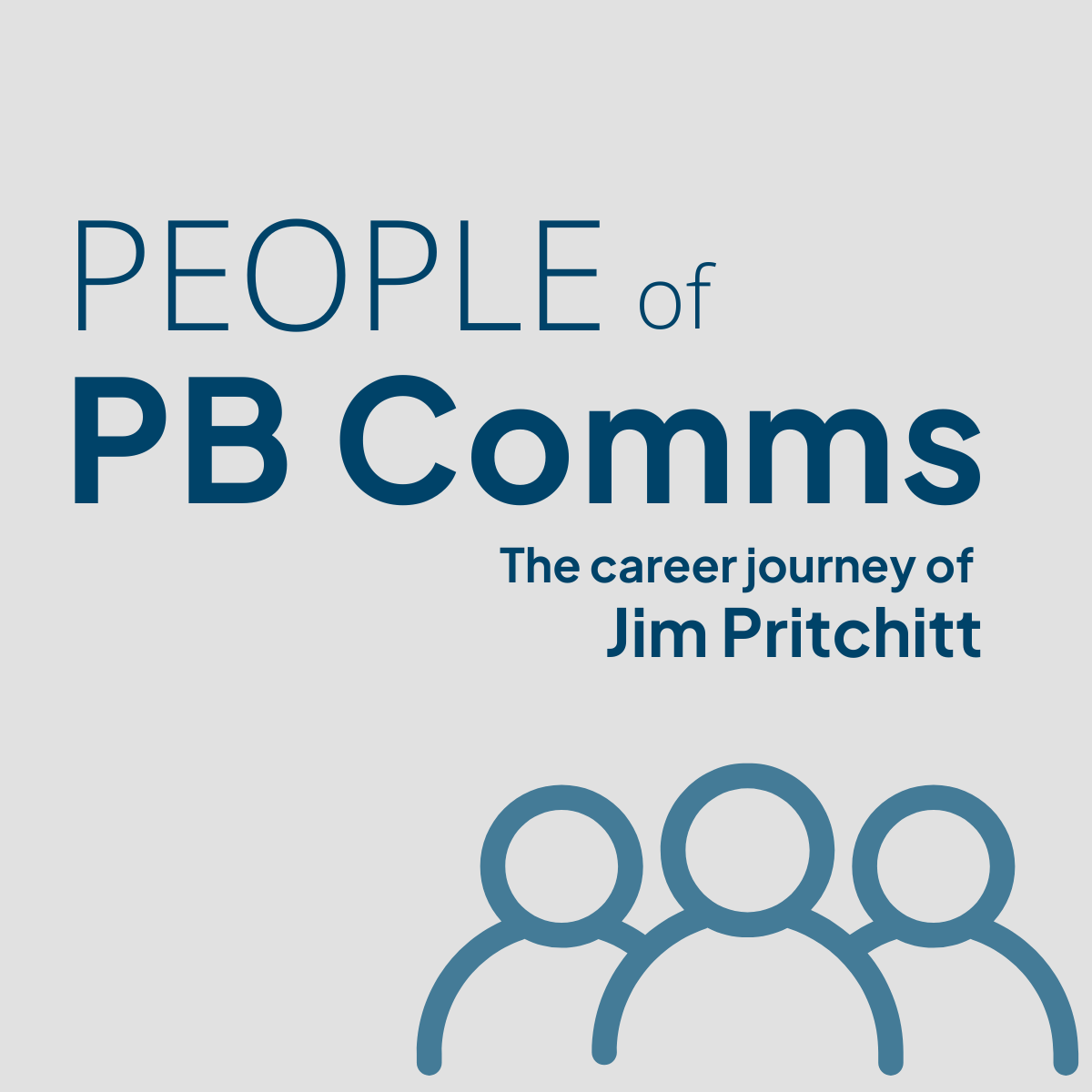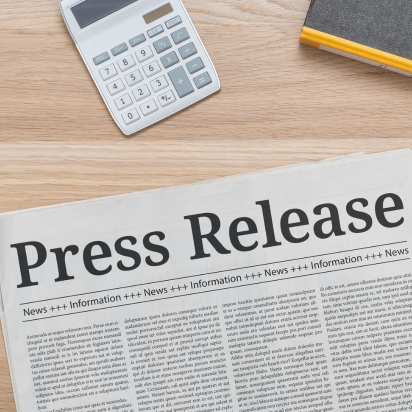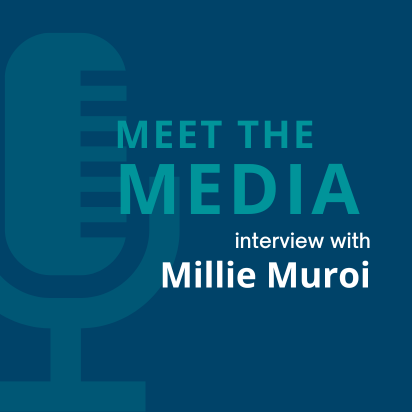A bone of contention between clients (and marketing departments) can often be whether their public relations adviser is really needed to attend interviews they have arranged with journalists. The reasons for this vary. It may be because the marketing team wants to handle it inhouse; it appears an unnecessary cost; or even that the interviewer doesn’t want it to look as if they need a “handler”.
When I was a journalist, I often felt that having PR people attend interviews was a distraction that sometimes hindered the conversation (and if this is how the PR adviser - or marketing manager - is seen by the media, they need to question how effectively they are doing their job; media relations cannot simply be a one-way street).
From a corporate point of view, there are very good reasons to have the public relations adviser there, rather than someone from marketing, or no one at all.
As with everything, there are exceptions. When journalists instigate interviews, then their rules apply and they may not want anyone else there. As well, some executives have had many years’ experience in media interviews and may feel more at ease on their own.
But generally, it’s best to have an experienced third party attend a media interview whenever possible to ensure there’s no misunderstandings and even as witness if things don’t turn out well. My 13 reasons why are as follows:
1. The person arranging the interview was probably the PR adviser. They know what was said in arranging the interview, including what the subject is, preventing misunderstandings.
2. Invariably the PR adviser has attended more media interviews than anyone else on the team. Why not use that experience?
3. The more interviews with each spokesperson that the PR adviser sits in on, the better they become at understanding the nuances in the topic and the areas of interest for the media. Both of which help to better pitch the spokesperson in for future interviews.
4. Often during an interview there is an opportunity to make an influential point, or subtly change the direction of the conversation. Avoiding difficult moments or capitalising on an opportunity takes skill, knowledge, experience and confidence.
5. There are often times when a question is not understood or an apparently unconnected answer is given. An experienced third party can clarify what is happening without causing offence.
6. If a PR adviser chimes in with a comment or additional information, it’s likely to be seen as them just doing their job. If a marketing person interrupts it can look intrusive and possibly naïve.
7. If problems occur, whether it’s the journalist running late, or the executive not being ready or needing to cancel, the PR adviser who arranged the meeting is on hand to coordinate in the least confronting way (and has contact details on their mobile).
8. It’s the PR adviser’s job (and absolute priority) to get the best out of an interview - for the client and for the journalist. Someone from the marketing team might have new priorities on the day and simply not be able to attend, or be somewhere else in spirit. Or even decide to cancel an interview because of a timing conflict.
9. If the person being interviewed makes an embarrassing gaff or says too much, the PR adviser may have a relationship with the journalist to help work out a compromise – such as holding off publishing information that isn’t going to staff or clients until later in the week, while at the same time retaining exclusivity.
10. It is probable that the PR adviser knows the journalist and has worked with them before. Their presence can contribute to a relaxed, friendly and more productive atmosphere.
11. An inexperienced person may not recognise a “gotcha” moment or sense the interview is going off track, or have any contribution to make at all. So why are they there?
12. Promises may be made to a journalist to forward additional information, or the promise of another story. It’s the PR adviser’s job to recognise the promise and make sure it happens. Others may just see it as a comment made during the chat.
13. If anything goes wrong during an interview it’s good to have someone else to blame. PR advisers are certainly used to that!


















